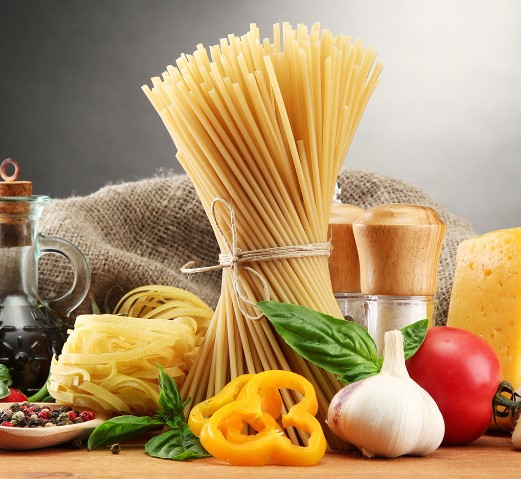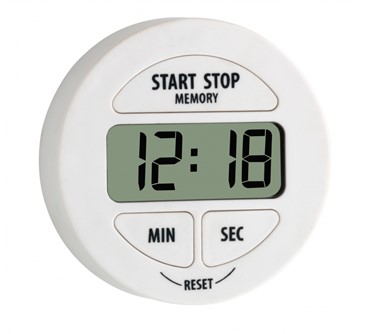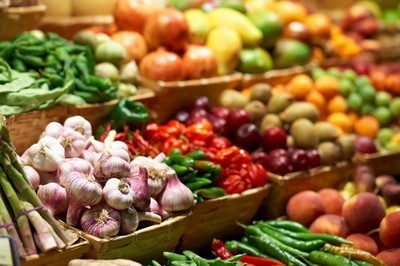Free food shelves may appear in stores

According to the explanatory note to the bill, the problem of inefficient use of food continues to exist in RUSSIA. According to Rosstat, most food waste comes from staple foods: grains, dairy and vegetables. More than a third of all food in the country ends up as waste. The authors of the bill refer to a study by the National Research University Higher School of Economics, which states that in Russia 17 million tons of food waste worth 1.6 trillion rubles are thrown away annually. At the same time, according to Rosstat, by the end of 2022, 14.3 million Russians found themselves below the poverty line.
The leader of the “A Just Russia - For Truth” faction, Sergei Mironov, in a conversation with Izvestia, emphasized that due to shortcomings in legislation, free distribution of products becomes more costly than their disposal. He also noted that charitable food distributions are subject to a VAT tax of 20% of their value, which makes the process less profitable for companies. To resolve the issue of the benefits of business participation in this process, deputies propose introducing another bill to the State Duma with amendments to the Tax Code. The document proposes to increase the limits on expenses that can be directed to charity from 1% to 5% of revenue.
Dmitry Vostrikov , DIRECTOR of the association of manufacturers and suppliers of food products Rusprodsoyuz, said that the distribution of food to those in need is currently hampered by gaps in tax legislation. When participating in charity, companies are forced to pay a tax (up to 20% of the cost of products), so participation in food sharing costs manufacturers and retailers more than sending food to landfills.
If the legislation changes, then programs of charity and assistance to the population with food products with expiring dates will expand, he continues. In addition, the abolition of VAT could have a positive impact on the environment, because it would reduce the volume of food waste in landfills, as well as reduce the cost of disposal. The press service of the Association of Retail Trade Companies (AKORT) said that they are not yet ready to voice their position on the initiative to create shelves with free food products in stores.
Natalya Shagaida, director of the RANEPA Center for Agricultural Policy, says that retail chains are now creating shelves with products that are about to expire. For example, in Auchan there are three shelves - two for MEAT with different discounts and one for MILK and dairy products. “Retailers are interested in getting at least something from products that have an expiration date. Otherwise, they must destroy them, which incurs costs, rather than give them away. The reason for not giving it away is taxation. When distributing, retailers now suffer direct losses due to VAT taxation. Changes to the Tax Code are currently being discussed that will allow the distribution of products without loss. But it cannot be distributed in a store, it must be done through charitable foundations, where those in need can turn,” the expert said.
She believes that creating free shelves in a store is not worth it because there may be a crowd there. “It is obvious that the initiators of such ideas have not watched television for a very long time. Otherwise, they would have seen what happens when companies at some events decide to give away goods for free,” Shagaida explained her point of view.
At the end of December 2023, the HEAD of the Federation Council Committee on Economic Policy, Andrei Kutepov, developed a bill that proposes to exempt retail chains from paying VAT when transferring food products with an expiring date to those in need. This bill concerns products that are two-thirds or three-quarters past their expiration date, and the donation of expired products to charity is prohibited, the senator said. Major market participants expressed support for this initiative. For example, the X5 Group press service said that removing VAT on charitable donations of products will help the development of food sharing in Russia; more companies will be interested in participating in this area. The initiative is also welcomed at Magnit.
And in June 2023, the LDPR faction came up with an initiative to abolish VAT on food products and bottled water with an expiring date, if they are given to the population free of charge. Deputies have developed a corresponding bill amending the Tax Code. The explanatory note to the document noted that every year about a fifth of the food produced in Russia is thrown away. Despite attempts to solve this problem, it still exists.
Read together with it:
- Первые в центральном регионе. Узнали, какой каравай зерновых собрали в этом сезоне в ОАО "Гастелловское"Новости темы В этом году аграрии Минской области собрали весомый каравай в 2,2 млн тонн зерна вместе с рапсом, и это невзирая на все сюрпризы погоды. Первое место по итогам жатвы-2025 в центральном регионе заняло ОАО "Гастелловское". За счет чего хозяйству удается достигать таких выдающихся результатов, узнала газета "7 дней".Кропотливый труд плюс технологии и дисциплинаУспех уборочной кампании во...
- В Раменском выведена новая порода кроликов — Великородская белаяЭто значимое событие обозначает первую отечественную породу, разработанную для племенного и промышленного производства за последние 60 лет. Глава Раменского муниципального округа Эдуард Малышев посетил институт, где директор, доктор биологических наук Глеб Косовский, провел ознакомительную экскурсию для почетных гостей. Институт служит научно-методической базой для разработки технологий в области ...
- Боливия экспортирует говядину на сумму 797 миллионов долларов и вводит новые цифровые сертификаты для внешней торговлиЭкспорт говядины из Боливии в период с 2021 по 2025 год достиг 797 миллионов долларов. Китай является основным рынком сбыта этого мяса, на который приходится 74% продаж, сообщила Карина Серрудо, генеральный директор Национального таможенного управления. Параллельно с этим ведомство включило сертификат безопасности экспортных пищевых продуктов для говядины в систему «Единое окно для внешней торговл...
- "Cardboard Superpower." What is Poland prepared to take into 2026?Photo: Unsplash The Polish government has submitted its draft 2026 budget to the Sejm. In short, the hole in the Polish budget is growing even wider, and the national debt is on the verge of skyrocketing. Meanwhile, military spending is breaking records, cementing Poland's status as NATO's leader in defense spending as a percentage of GDP. However, the value of such leadership is questionable. Or ...
- Директор энгельсского интерната осуждён за незаконные закупки мяса на сумму почти 12 миллионов рублейВ 2022 году учреждение заключило 25 контрактов с индивидуальным предпринимателем, не проводя торги, что нарушало закон. Арбитражный суд обязал предпринимателя вернуть в бюджет более 10 миллионов рублей. Следует отметить, что это решение касается множества контрактов, которые были разделены искусственно, создавая условия для обхода закона.......





























































